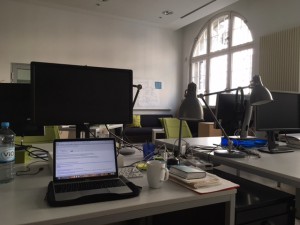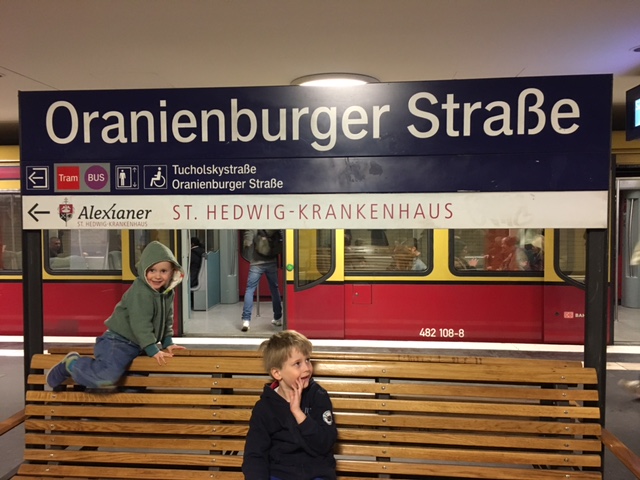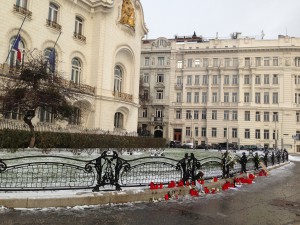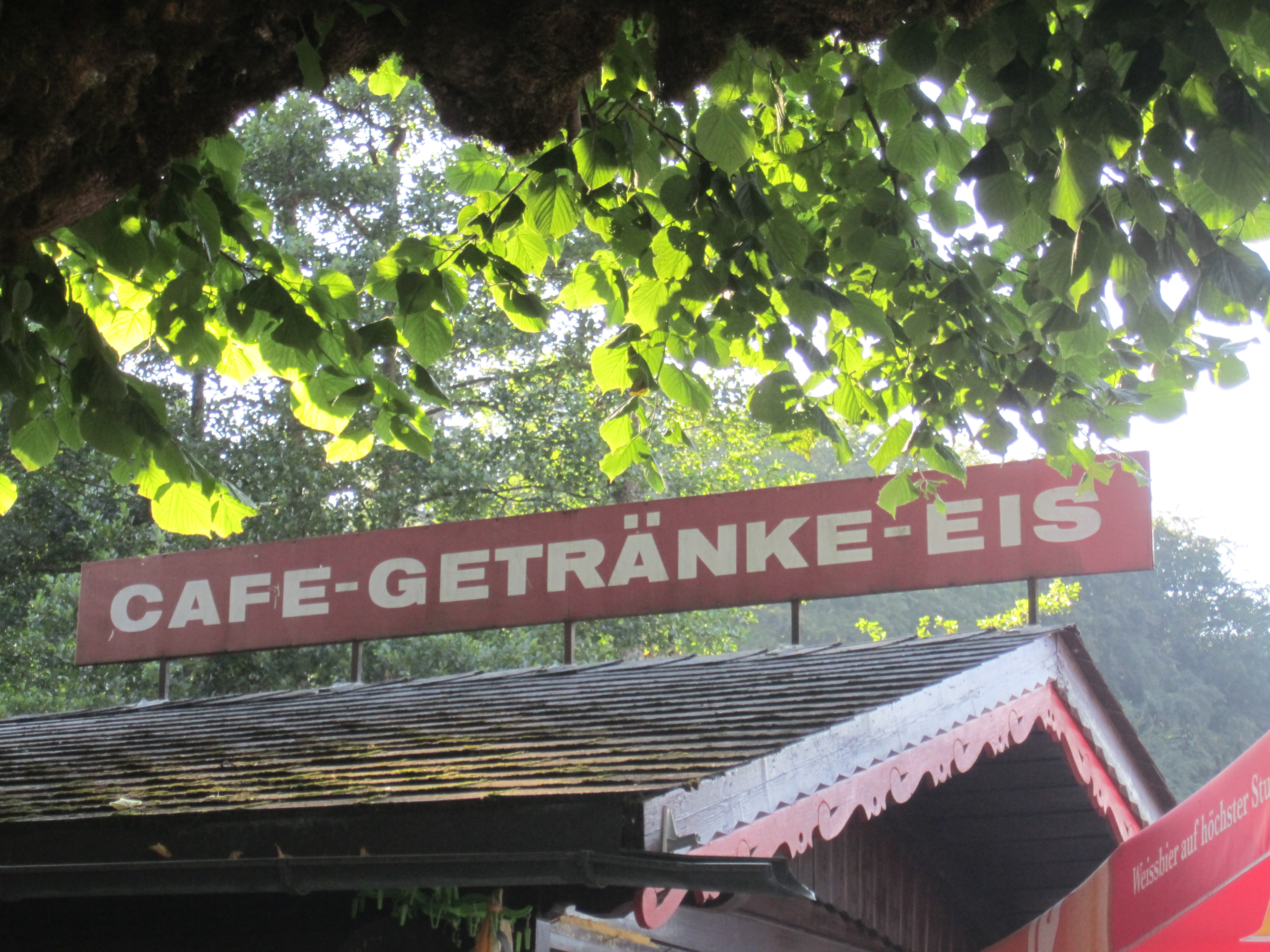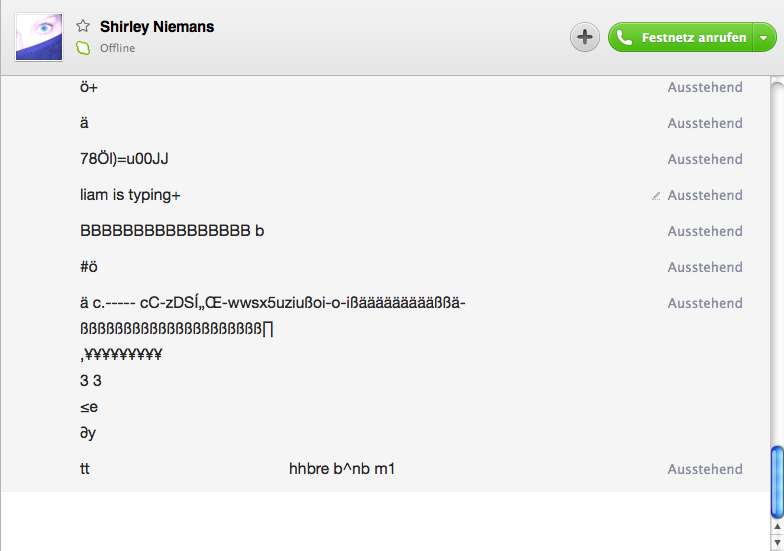I’m so (so so so) happy that my project “Algorithmic imaginaries. Visions and values in the shaping of search engines” will finally come true! After a really long application process the Austrian Science Fund (FWF) decided to fund this awesome habilitation project! You’ll find the abstract below; more information will follow once the project has started (November 2016 since I’m still on maternity leave). For all of you who have projects under review (or rejected already): don’t give up! It’s a nerv-wrecking process, but if you finally manage to succeed, it’s all worth it!!! (Of course, in times like these peer review has become some sort of strage academic lottery, which does not make the practice any better..)
Algorithmic imaginaries.
Visions and values in the shaping of search engines
Search engines like Google are developed in the US-American context, but are used around the globe. Their business models are based on user-targeted advertising. They collect user data, turn it into user profiles, and sell them to advertising clients. Since the NSA affair practices of user profiling are critically discussed; especially in European contexts with diverse data protection laws, historically shaped notions of privacy, and very different tax systems. The ongoing reform of the EU data protection legislation is an important arena where tensions between global search engines and European policy visions and values can be observed. Besides, European search engines emerge that aim to provide users with alternative styles of search. Some are explicitly developed as a European competitor to US-based search engines (Quaero or Independent Web Index). Others are developed in Europe, but draw on other value-systems to distinguish themselves from big search engines, such as respecting users’ privacy (e.g. Ixquick), protecting the environment (e.g. Ecosia), or creating a non-commercial search engine owned by the public (e.g. YaCy).
This poses important questions: What motivations, value-systems, and visions guide the development of European search engines? How are these imaginations translated into sociotechnical design practices? What power struggles, negotiations, and compromises may be observed? How do place and cultural context matter in the design process? Researchers in Science and Technology Studies (STS) investigated the politics of search engines, the relevance of algorithms, and internet governance. What is missing is an in-depth analysis of the shaping of search engines in specific cultural contexts and the role shared value systems and visions play in it. Rooted in the discipline of STS the suggested habilitation project will fill in this gap by investigating design practices of European search projects using a case-study approach (qualitative interviews, workshops, ethnographic observations).
Results from this analysis will be compared to and cross-analyzed with results from my past research on capitalist ideologies driving global search engines like Google and my present research on visions and values guiding European search engine governance. This overall analysis will result in a typology of algorithmic imaginaries, which describes visions and values in the development and governance of search engines in global, European, and local contexts. It will show how search technologies and society co-emerge in specific economic, political, and cultural settings. The primary focus on European contexts is a particular strength of the project since tensions between global search engines and European governance structures and search projects are growing, but have not been systematically studied yet, both in the field of STS and internet research.

